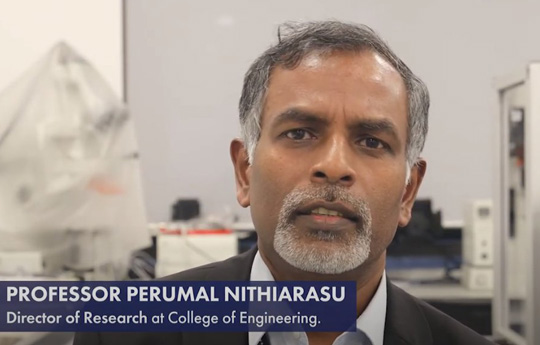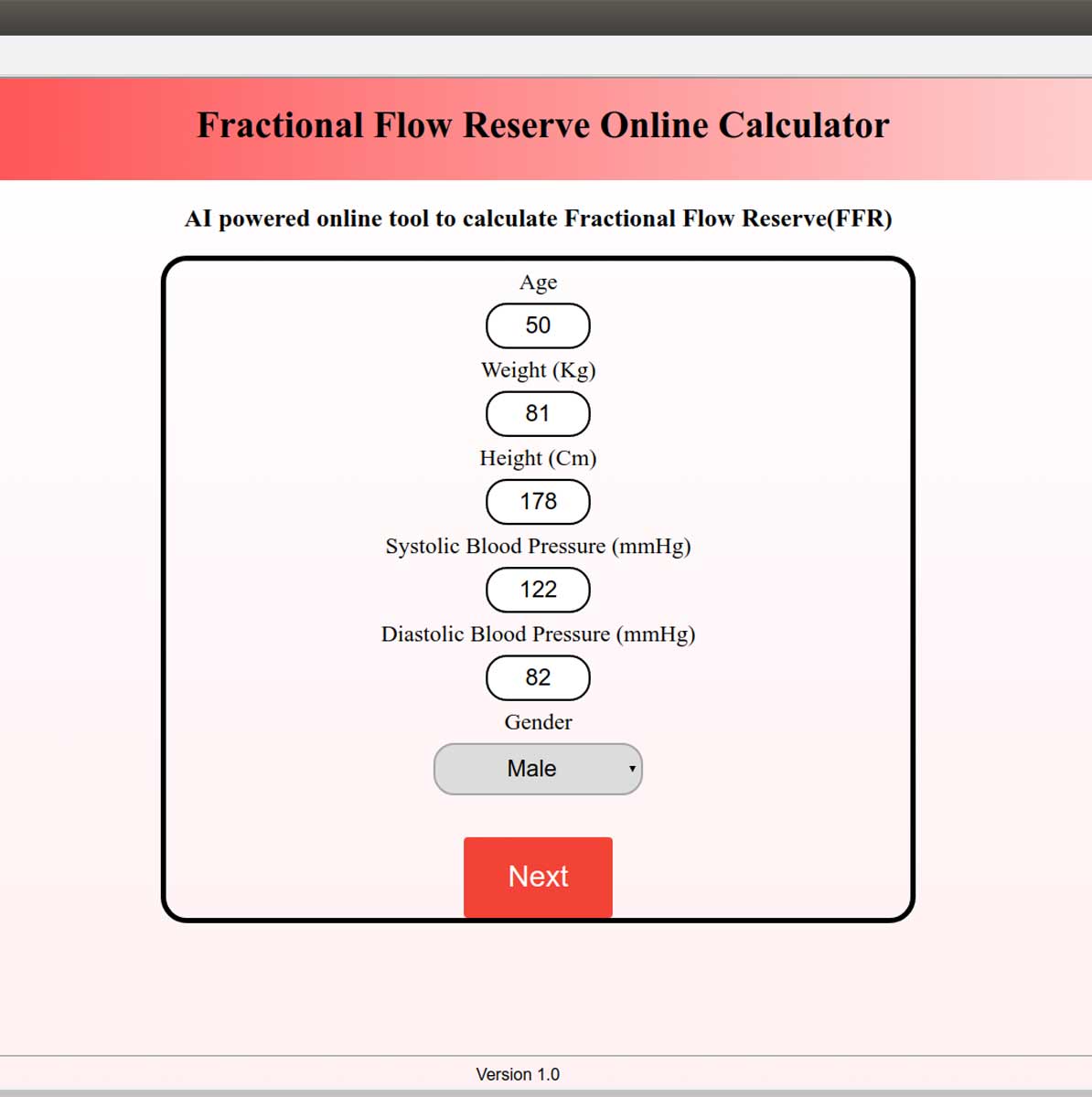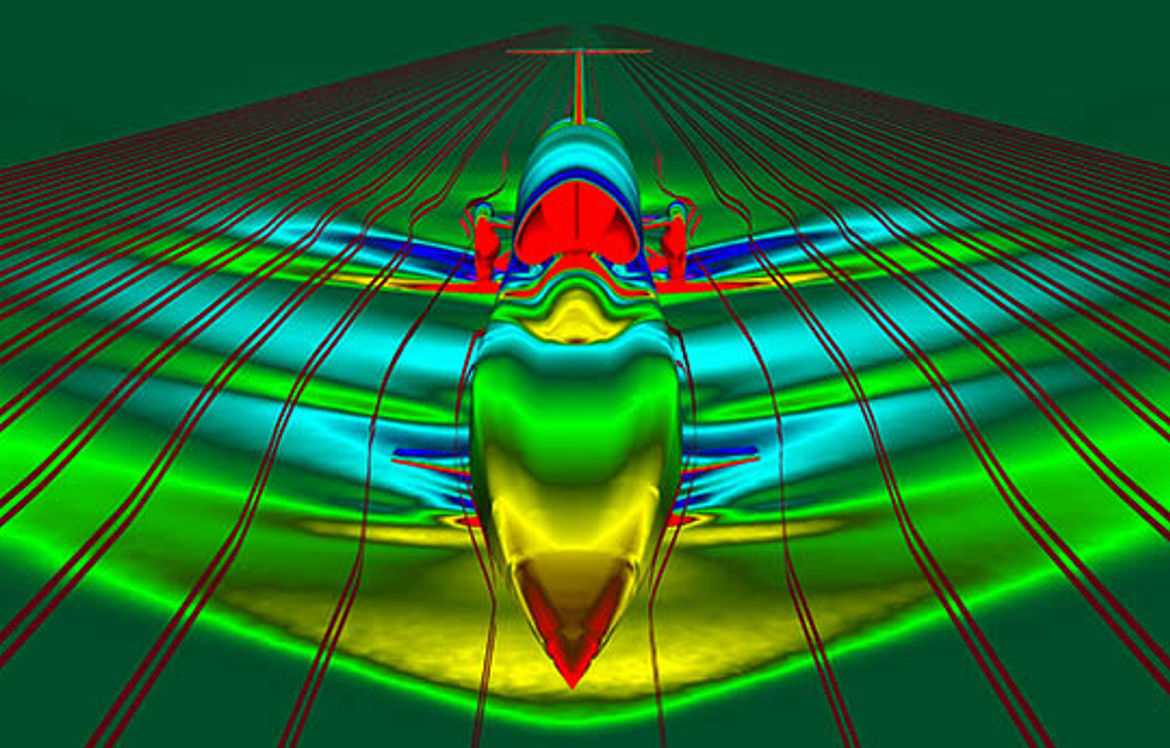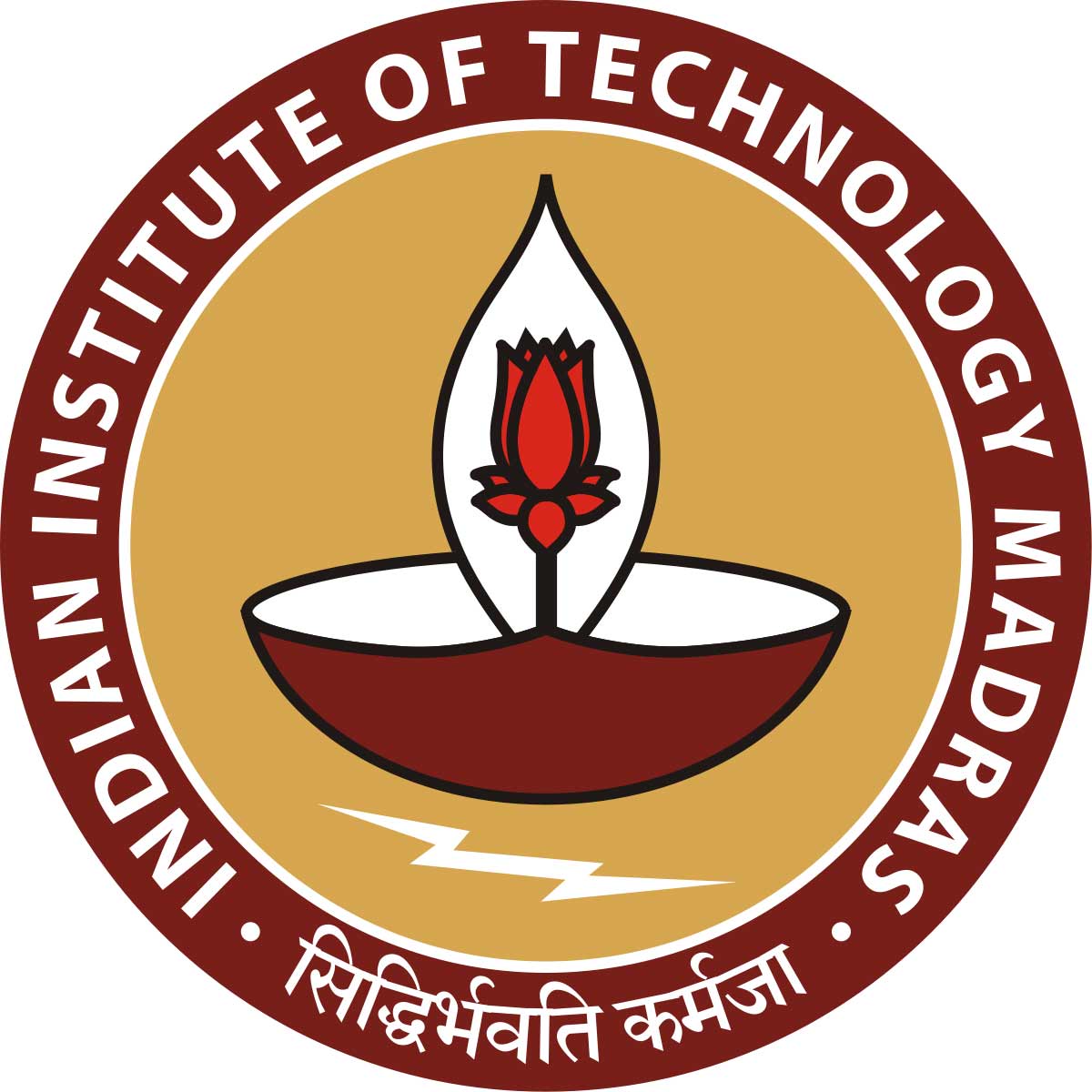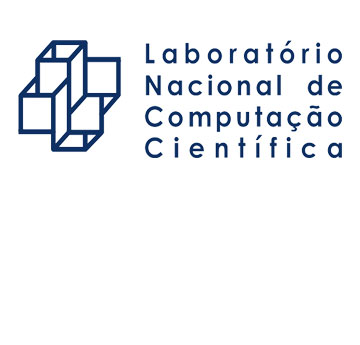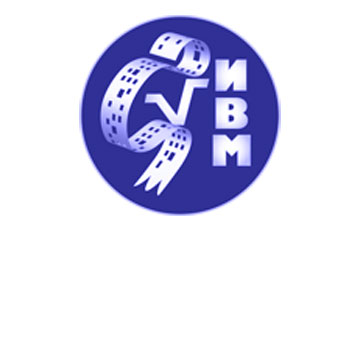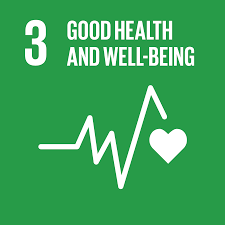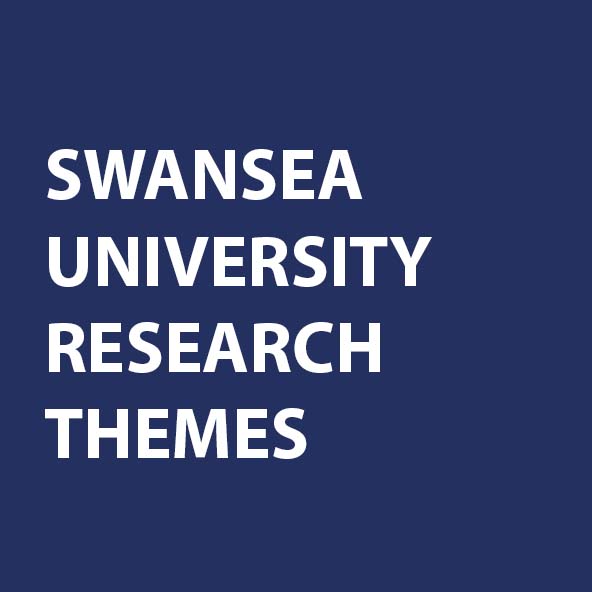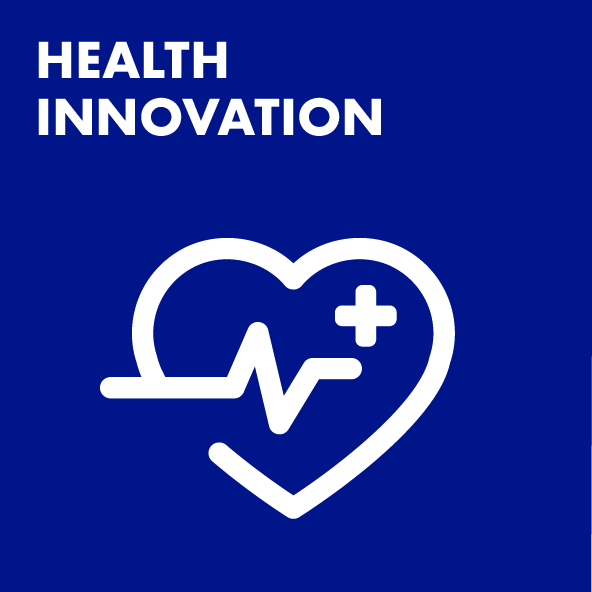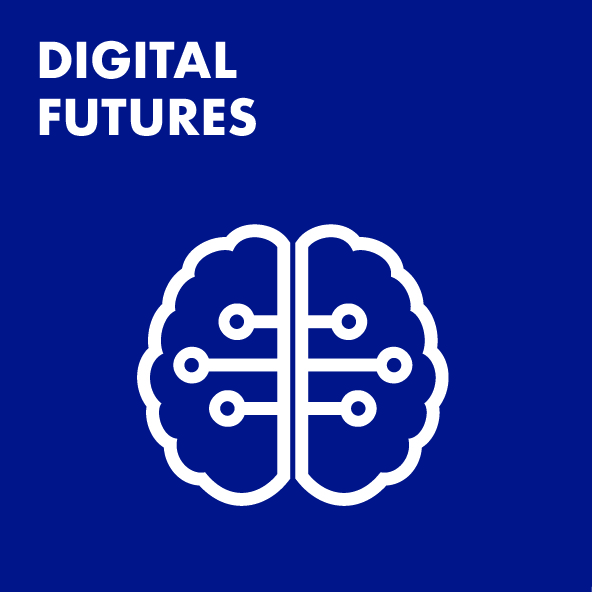"We are a public research institute responsible for developing R&D in the field of Scientific Computing in fields such as energy, climate forecasting, bioinformatics and health. Our experience in working with Swansea University has been extremely positive. Their researchers have been open and keen to collaborate on fruitful and reciprocally beneficial scientific projects. Hosting our researchers and exchanging knowledge, they have delivered essential courses in the field of solid mechanics and multiscale modelling. They have been crucial in the development of research at our institution related to the modelling of material behaviour." Pablo Javier Blanco, Laboratório Nacional de Computação Científica (LNCC, Brazil)
“We solve our partner companies challenges, developing new numerical methods and mathematical models demanded in commercial software applications. Collaboration with researchers from Swansea University has given us access to very good international conferences and support in mathematical modelling and machine learning for clinical applications.” Yuri Vassilevski, Marchuk Institute of Numerical Mathematics RAS


